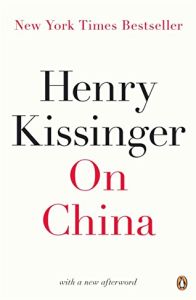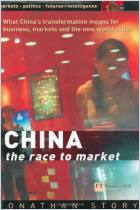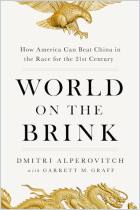Melden Sie sich bei getAbstract an, um die Zusammenfassung zu erhalten.

Melden Sie sich bei getAbstract an, um die Zusammenfassung zu erhalten.
Henry Kissinger
On China
Penguin Group (USA), 2012
Was ist drin?
Henry Kissinger’s sweeping, authoritative and insightful look at 40 years of US diplomacy with China…
Recommendation
In his formidable 500-page-plus book, equally formidable scholar-diplomat Henry Kissinger writes about the nation with which he is inextricably linked: China. Kissinger infuses his text with impressive personal recollections based on more than 50 visits to China over 40 years, working either officially as national security adviser and secretary of state, or unofficially as a foreign policy expert. In that time, he has seen China’s evolution through four generations of its leaders. His insights on foreign policy and his personal rapport with top officials enable him to embellish this diplomatic history with extraordinary detail and discernment. getAbstract highly recommends the book’s vast scope to anyone seriously interested in examining China’s current and future role in world politics and economics, and that should be just about everyone.
Summary
About the Author
Henry Kissinger served as national security adviser and secretary of state under presidents Richard Nixon and Gerald Ford. He won the 1973 Nobel Peace Prize. He wrote extensively on foreign policy and diplomacy.




















Comment on this summary